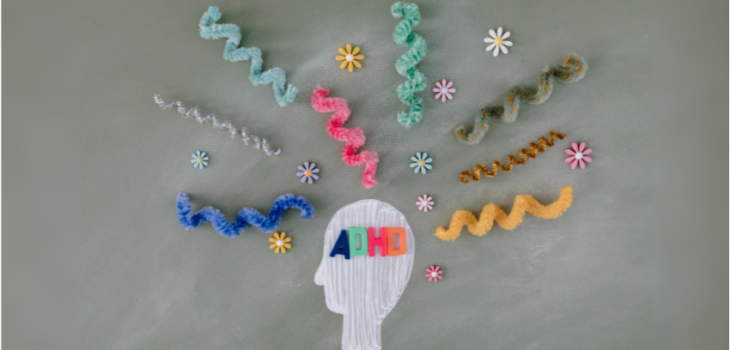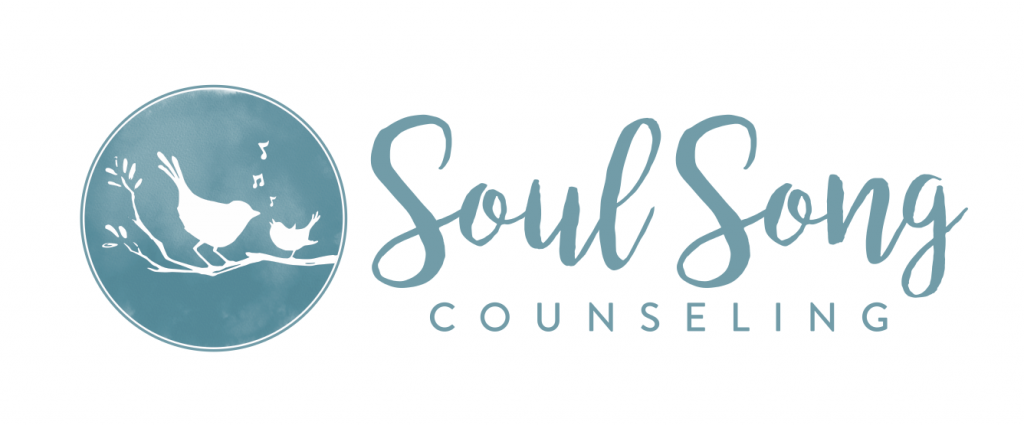
Counseling for Women with an Adulthood ADHD Diagnosis
If you’re here, we don’t need to tell you twice. You know that attention deficit hyperactivity disorder (ADHD) is a common mental health condition that can affect people of all ages. It is characterized by symptoms such as inattention, hyperactivity, and impulsivity. It feels like bouncing around from task to task to task, never completing one. It also feels like big energy, followed by complete overexhaustion.
It’s hard.

Women with ADHD often experience unique symptoms. For example, us ladies may be more likely to experience inattention and forgetfulness, while our counterparts are more likely to be hyperactive and impulsive. Women with ADHD may also have difficulty managing their time, staying organized, and following through on tasks.
ADHD can be a challenging condition to live with, but there are effective treatments available. Therapy and lifestyle changes (and medication as times) can all help to manage ADHD symptoms and improve quality of life.
Symptoms of ADHD in Women
The symptoms of ADHD can vary from person to person, but there are some common symptoms that are more common in women. These symptoms include:
- Inattention: Difficulty paying attention to details, following instructions, and completing tasks.
- Forgetfulness: Losing things, forgetting appointments, and forgetting what someone has just said.
- Disorganization: Difficulty keeping track of belongings, appointments, and tasks.
- Time management problems: Difficulty managing time effectively, often rushing or procrastinating.
- Restlessness: Feeling restless or fidgety, often unable to sit still for long periods of time.
- Difficulty controlling emotions: Having difficulty controlling emotions, often becoming easily frustrated or angry.
- Impulsivity: Acting without thinking, often making rash decisions or taking unnecessary risks.
How Can Counseling Help the ADHD Brain?
- Understand your brand of ADHD: Counseling can help people with ADHD to understand their condition and how it affects their thoughts, feelings, and behaviors. This can help them to develop coping mechanisms and strategies for managing their symptoms. Many of us with ADHD have varied symptoms person to person. Counseling can help you understand your personal brand of it.
- Improve self-esteem: Counseling can help people with ADHD to improve their self-esteem. This can be done by helping them to identify their strengths and weaknesses, and by teaching them how to set realistic goals.
- Develop better communication skills: Counseling can help people with ADHD to develop better communication skills. This can be done by helping them to express their thoughts and feelings in a clear and concise way, and by teaching them how to listen actively.
- Learn how to manage stress: Counseling can help people with ADHD to learn how to manage stress. This can be done by teaching them relaxation techniques, such as deep breathing and meditation, and by helping them to develop coping mechanisms for dealing with stressful situations.
- Develop better organizational and time management skills: Counseling can help people with ADHD to develop better organizational and time management skills. This can be done by teaching them how to break down tasks into smaller, more manageable steps, and by helping them to set realistic deadlines.
- Helps create and encourage support systems: Counseling can also help people with ADHD to develop a support system of friends, family, and professionals who can help them to stay motivated and on track.
Here are some of the specific changes that can happen in the brain with counseling for ADHD:
- Increased activity in the prefrontal cortex: The prefrontal cortex is responsible for executive functions, such as planning, organizing, and decision-making. Increased activity in this area can help people with ADHD to improve their ability to focus, control their impulses, and manage their time.
- Reduced activity in the amygdala: The amygdala is responsible for processing emotions, such as fear and anger. Reduced activity in this area can help people with ADHD to regulate their emotions and avoid impulsive behavior.
- Increased connectivity between different brain regions: Counseling can help to increase the connectivity between different brain regions, which can improve communication and coordination between different areas of the brain. This can lead to improved attention, focus, and impulse control.
It is important to note that counseling is not a cure for ADHD. However, it can be an effective treatment that can help women with adult ADHD to manage symptoms and improve life quality.
Diagnosing ADHD in Women
ADHD can be difficult to diagnose in women, as the symptoms may be different than those seen in men. Additionally, women with ADHD may have learned to compensate for their symptoms over time, making it even more difficult to diagnose.
If you are a woman who is struggling with any of the symptoms of ADHD, it is important to talk to your doctor. Your doctor can assess your symptoms and rule out other possible causes. If your doctor believes that you may have ADHD, they can refer you to a mental health professional for further evaluation.

Connecting with Us? Here’s Your ADHD Checklist:
- Get help: See a doctor and/or connect with us or a mental health professional of your choosing. We offer free consultations below and we’d love to see you.
- Learn about ADHD: The more you know about ADHD, the better equipped you will be to manage your symptoms.
- Set realistic goals: Don’t try to do too much too soon. Start with small goals and gradually work your way up to larger goals.
- Find a support system: Having a support system of friends, family, and professionals can help you to stay motivated and on track.
- Don’t give up: ADHD can be a challenge, but it is not impossible to live a successful and fulfilling life. With treatment, support, and hard work, you can achieve your goals.
If you have been diagnosed with ADHD, there are a number of things you can do to live a successful and fulfilling life despite the diagnosis. If you connect with our vibe, please consider a free consultation with us here at Soul Song Counseling (we get it! and we’re here for you).
